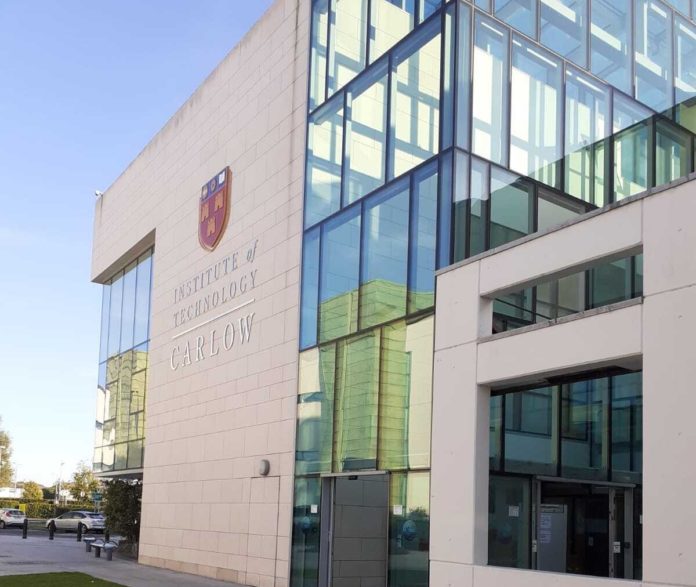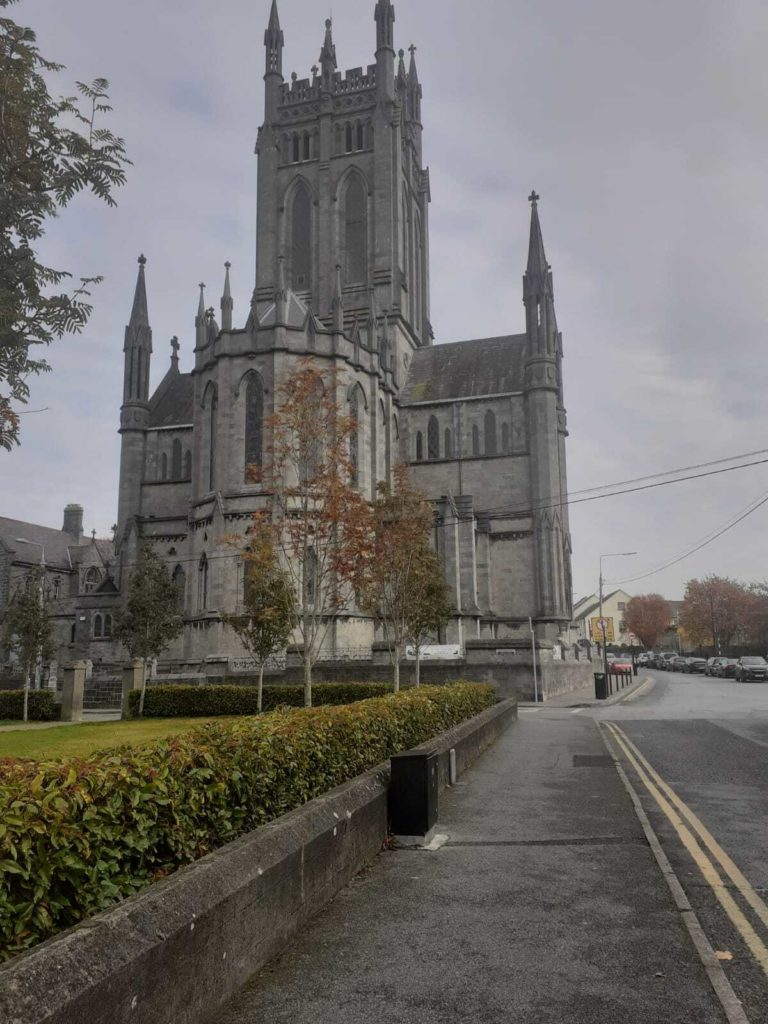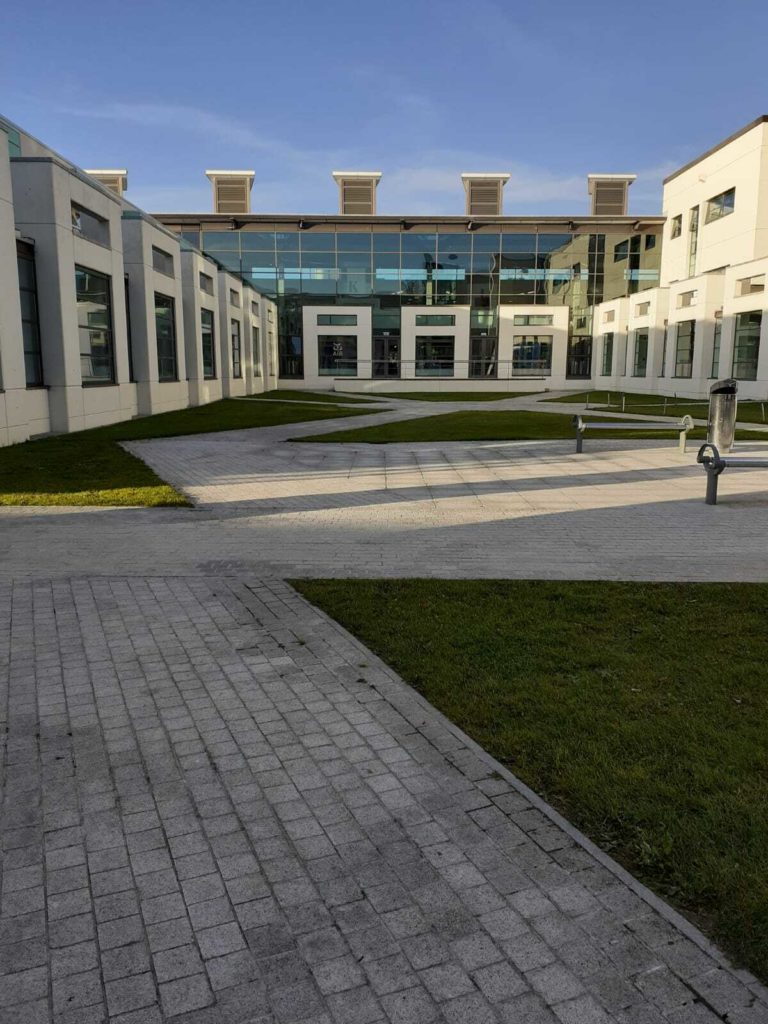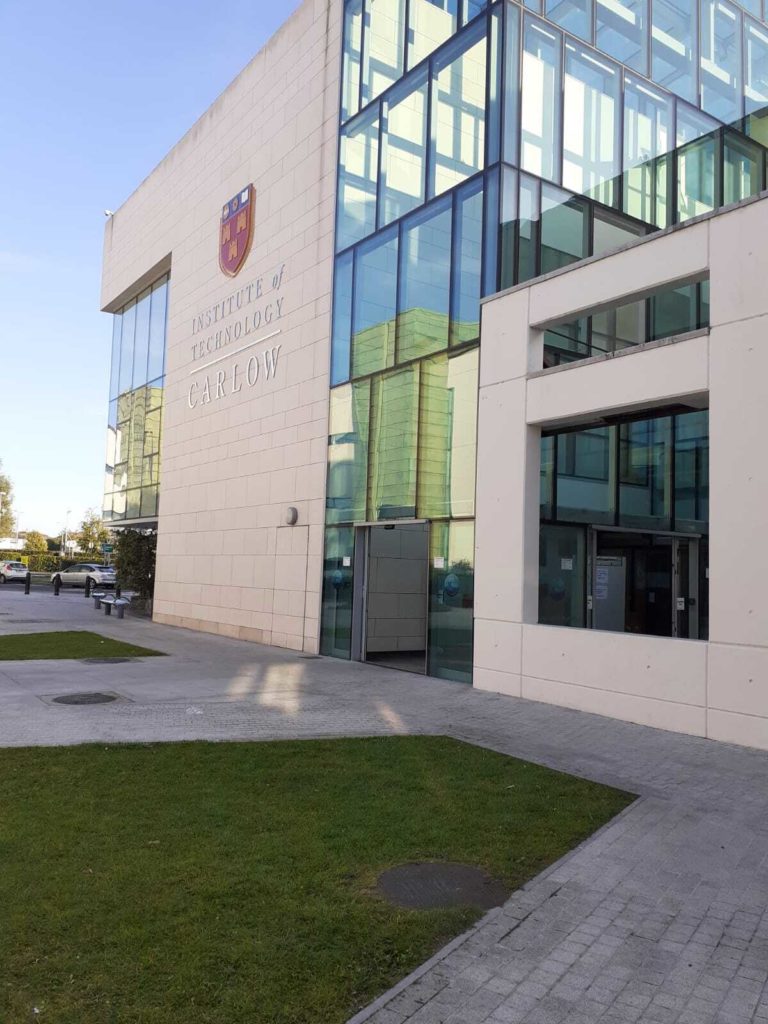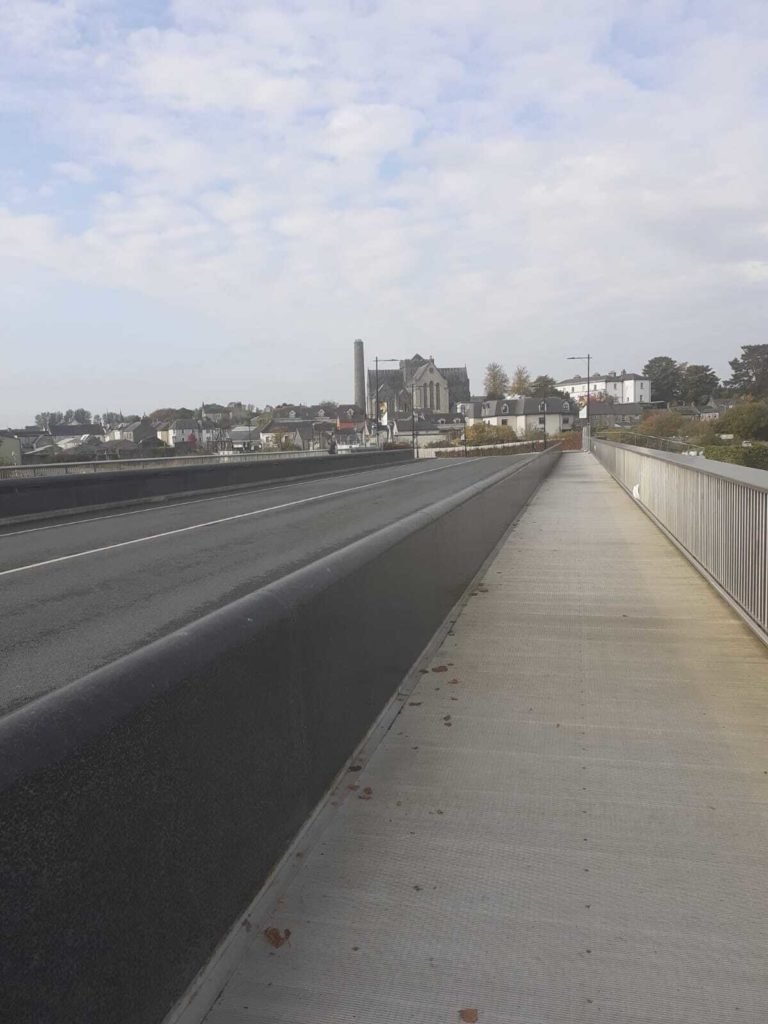Bronwyn April is a qualified social worker, who had been working as a Youth Development Practitioner previously. We chat to her about living in Europe during the pandemic.
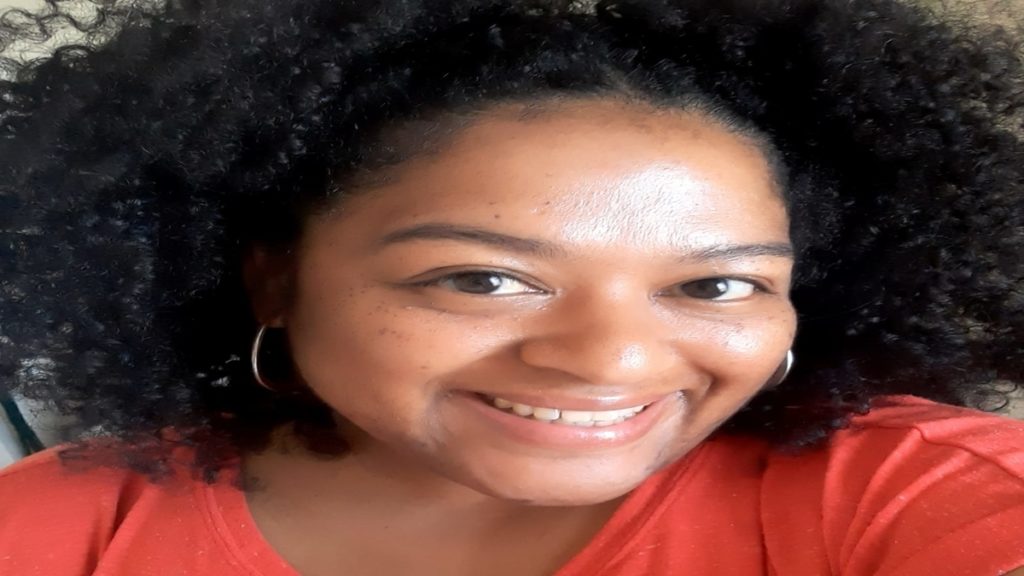
What is your background?
I studied social work at UCT. I have worked in the field of youth development for over 14 years. My last job was as a Careers Development Advisor for UCT Careers Office.
How did you end up in Ireland?
I was fortunate to receive a Kader Asmal Fellowship, to study in Ireland. I completed my MA in Child, Youth & Family Studies at the Institute of Technology, Carlow. My thesis explored the experiences of youth workers, working with LGBTIQ+ youth in contemporary Ireland.
What was the first Lockdown like?
It felt like the apocalypse from the 12th of March. I remember I was walking to campus as the announcement was made of a nation-wide Lockdown. People ran to shops and started scrambling over toilet paper and other necessities – chaos personified. I lived in student accommodation with mostly international students and due to the lockdown, everyone started booking emergency flights home. The scholarship said they would get us home since our classes moved online, so we had the option of going home. However, I was conflicted as I had come to Ireland for a once in a lifetime experience. Also, not having access to WIFI at home made my decision to stay in Ireland easier – I would not have been able to complete my course due to lack of resources. Two of us remained in the complex, with no movement or exercise further than two kilometres of home and we could only go out for food or medication. However, unlike SA, there was no ban on cigarettes and alcohol. The aspect I missed the most during lockdown was human interaction, as I’m a social being. However, virtual check-ins from friends and family really kept me sane, and they were a great source of support and encouragement for me.
What do you think about South Africa and how we are coping in lockdown?
I know that I complained about loneliness, and yet back home people were feeling the brunt of inequalities with regards to poverty and various other socio-economic challenges. So, looking at how covid19 revealed the cracks in the system, so to speak, was really hard to witness when one is living in a community where those social ills are unheard of – the word privilege comes to mind. For example, In Ireland the covid19 relief fund paid citizens who lost their jobs due to covid19, 350-Euro, and with 350-Euro you can get so much. Yet R350 in South Africa is not enough to sustain a household with necessities.
You are now in your second lockdown, how is it this time around?
The National Public Health Emergency Team advised the government to go into strict lockdown from the 21st October. In Level five university schooling is online, movement is limited to five kilometres of home, and all non-essential workers must stay home. Retailers are closed except for supermarkets and pharmacies are also open. There have also been various anti-vaccination and anti-mask wearing protests in Dublin, as I think people are just fed-up with being in lockdown again.
What do the Irish know about South Africa’s response to the Pandemic?
When chatting with some Irish citizens about South Africa and its covid19 stats, they are surprised at our low fatality rates. But to be honest, I think the preoccupation has been mainly on how other European countries have been responding to, or are affected by covid19. I think to some, Africa seems so far removed from where they are now, so hence the focus has been on Europe and the USA more so, than other parts of the world.
Any parting thoughts?
I enjoy the freedom of movement and access to resources in Ireland and feel very thankful to be able to experience this type of lifestyle. However, I do miss the heart of Africa. Keeping abreast of what’s happening in South Africa, I feel a sense of pride seeing how innovative and resourceful we are as a nation, but also how the spirit of Ubuntu is alive amongst our people when it comes to caring for, and supporting one another. I think it’s important to acknowledge what we are good at, and that even though the assumption is that we are ‘far behind’, the reality is, we actually aren’t when it comes to entrepreneurship, ideas and innovation.
Featured image provided
Author’s note: The wording of the interview has been changed to better reflect Bronwyn April’s words.

